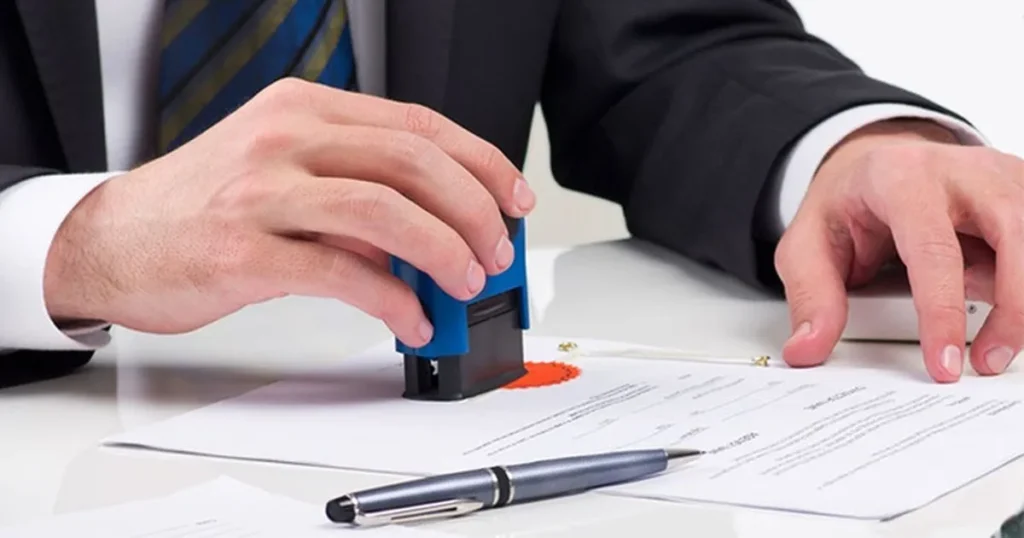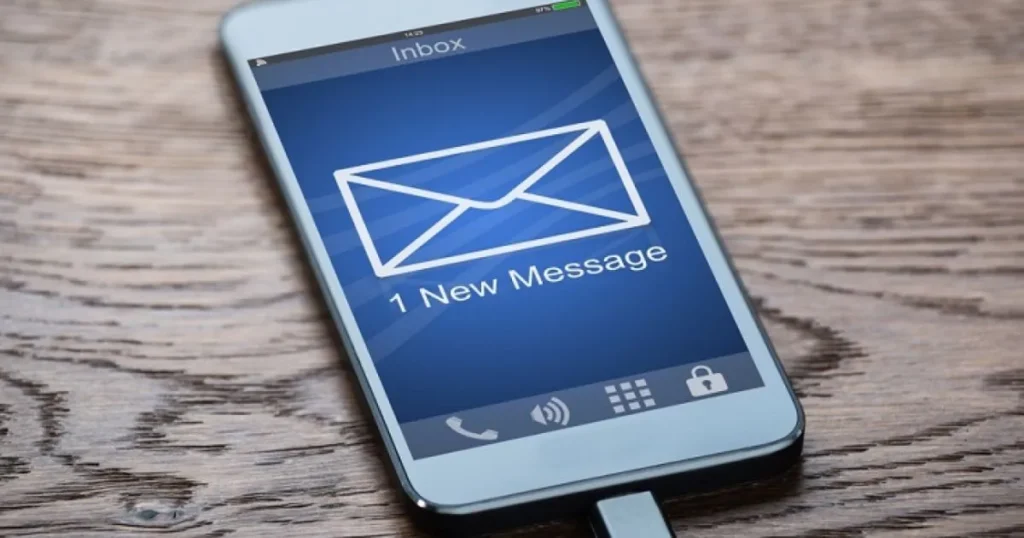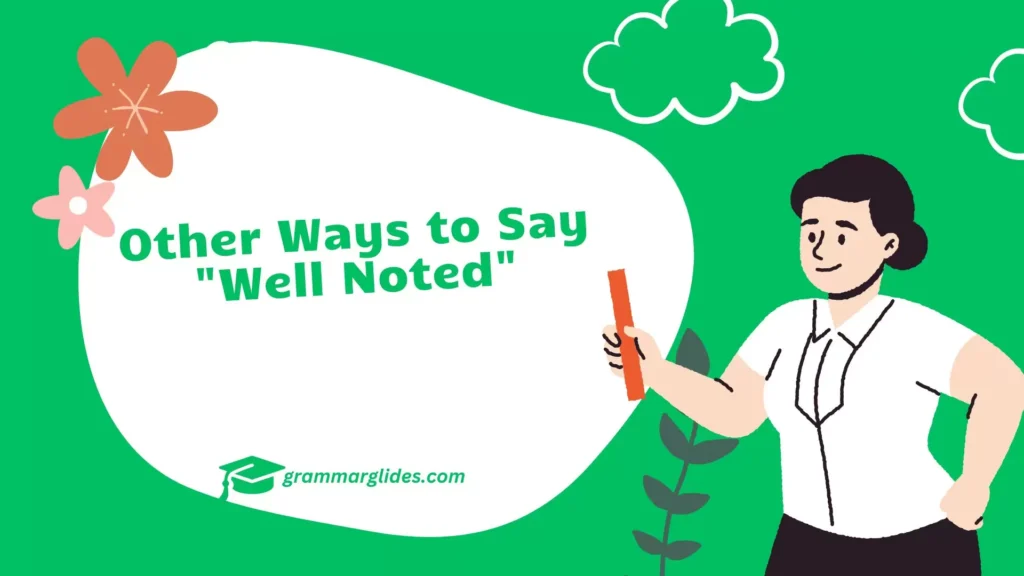“Looking for alternative ways to express acknowledgment or confirmation? Here are some phrases to use instead of “well noted.”
When communicating in professional or casual settings, it’s essential to express understanding and acknowledgment without repeating the same phrases. While “well noted” is a commonly used expression, there are several other ways to convey the same meaning. Using alternative phrases can not only add variety to your language but also make your communication more engaging and tailored to the situation. In this article, we’ll explore different ways to say “well noted,” from formal to informal expressions, helping you communicate your understanding and attentiveness more effectively.
Using phrases like “understood,” “duly noted,” or “acknowledged” are excellent choices in professional contexts. They reflect that you’ve absorbed the information and are taking it into consideration. On the other hand, informal phrases such as “got it,” “sounds good,” or “noted, thanks!” can help maintain a friendly, conversational tone while still demonstrating your understanding. By expanding your vocabulary, you’ll be able to express acknowledgment in ways that align better with your audience.
Choosing the right alternative to “well noted” depends on your relationship with the other person, the formality of the context, and the tone you want to convey. In some situations, it may be appropriate to use more formal expressions like “received and understood,” while in others, more casual alternatives like “roger that” or “okay, cool!” might be better suited. By understanding the nuances of different expressions, you’ll be able to communicate clearly and professionally while keeping things fresh and engaging.
In this post, we’ll explore 30 alternative ways to say “well noted,” each with scenarios and examples to help you choose the most appropriate expression for your needs.
Well noted meaning
The phrase “well noted” means that the information has been acknowledged, understood, and taken into account. It’s often used to express that you have carefully considered something that has been shared with you, typically in response to instructions, feedback, or important points. It’s a formal and polite way to indicate that you are aware of the matter and will give it the necessary attention.
For example, if someone gives you important instructions or a reminder, responding with “well noted” shows that you’ve received and understood what was communicated.
Well-noted or Well noted
The correct form is “well noted” without a hyphen. In this context, “well” functions as an adverb modifying “noted,” meaning that the information has been understood or acknowledged thoroughly. The phrase “well noted” is commonly used to indicate that something has been recognized and is being taken into account.
While “well-noted” with a hyphen is grammatically incorrect in this instance, hyphenated forms are often used in other phrases like “well-known” or “well-established,” where the hyphen helps to link the words into a single compound adjective. However, for “well noted,” no hyphen is necessary, as it remains a simple phrase with an adverb and verb combination.
1. “Understood.”
Scenario: Confirming that you have received and comprehended the information.
Example 1: “Understood, I will proceed with the changes as discussed.”
Example 2: “Understood, I’ll make sure to meet the new deadline.”
Explanation: This simple phrase confirms that you have comprehended the information provided.
2. “Acknowledged.”
Scenario: Recognizing receipt or understanding of a message.
Example 1: “Acknowledged, I’ll follow up with the requested details.”
Example 2: “Acknowledged, your feedback will be incorporated into the report.”
Explanation: This term indicates that you have received and understood the information.
3. “Got it.”
Scenario: Informal way of showing that you have received and understood the message.
Example 1: “Got it, I’ll handle the issue as per your instructions.”
Example 2: “Got it, I’ll review the proposal and get back to you.”
Explanation: This informal phrase confirms that you have understood the information.
4. “Noted with thanks.”
Scenario: Acknowledging receipt and expressing appreciation.
Example 1: “Noted with thanks, I’ll start working on the project immediately.”
Example 2: “Noted with thanks, I appreciate the detailed instructions.”
Explanation: This phrase confirms that you’ve noted the information and expresses gratitude.
5. “Received and understood.”

Scenario: Confirming both receipt and comprehension of the message.
Example 1: “Received and understood, I’ll update the schedule accordingly.”
Example 2: “Received and understood, I’ll ensure the team is informed.”
Explanation: This phrase indicates that you have both received and comprehended the information.
6. “Thank you for the update.”
Scenario: Acknowledging receipt of information and expressing thanks.
Example 1: “Thank you for the update, I’ll proceed with the next steps.”
Example 2: “Thank you for the update, I’ll adjust the plan as needed.”
Explanation: This phrase shows appreciation for the information and indicates that you will act on it.
7. “I’ve taken note.”
Scenario: Informing that you have recorded or remembered the information.
Example 1: “I’ve taken note of the new deadline and will prioritize it.”
Example 2: “I’ve taken note of your suggestions and will implement them.”
Explanation: This phrase confirms that you have made a record of the information.
8. “I’ll take it into account.”
Scenario: Indicating that you will consider the information in your future actions.
Example 1: “I’ll take it into account when finalizing the report.”
Example 2: “I’ll take it into account for the upcoming meeting agenda.”
Explanation: This phrase shows that you will consider the information in your planning or decision-making.
9. “Duly noted.”
Scenario: Formally acknowledging receipt and understanding of the information.
Example 1: “Duly noted, I’ll adjust the project timeline accordingly.”
Example 2: “Duly noted, I’ll address the feedback in the next revision.”
Explanation: This formal phrase indicates that you have received and understood the information.
10. “I’ve made a note of that.”
Scenario: Informing that you have recorded or acknowledged the information.
Example 1: “I’ve made a note of that and will act on it immediately.”
Example 2: “I’ve made a note of that for our next discussion.”
Explanation: This phrase confirms that you have recorded the information for future reference.
Other Ways to Say “I Will Let You Know”
11. “I acknowledge receipt of this information.”
Scenario: Formally confirming that you have received the message.
Example 1: “I acknowledge receipt of this information and will review it.”
Example 2: “I acknowledge receipt of this information and will respond accordingly.”
Explanation: This formal phrase confirms that you have received and will address the information.
12. “I’ve noted your comments.”
Scenario: Acknowledging and recording feedback or observations.
Example 1: “I’ve noted your comments and will incorporate them into the final draft.”
Example 2: “I’ve noted your comments regarding the project and will discuss them with the team.”
Explanation: This phrase indicates that you have recorded the feedback for future action.
13. “Message received.”
Scenario: Informal way of confirming that you have received and understood the message.
Example 1: “Message received, I’ll handle the request as soon as possible.”
Example 2: “Message received, I’ll make the necessary adjustments.”
Explanation: This phrase confirms receipt of the message and that you understand it.
14. “I have registered your request.”

Scenario: Confirming that you have noted and will act on a request.
Example 1: “I have registered your request and will process it shortly.”
Example 2: “I have registered your request for a meeting and will schedule it.”
Explanation: This phrase indicates that you have noted the request and will act on it.
15. “I appreciate the information.”
Scenario: Expressing gratitude while acknowledging receipt of information.
Example 1: “I appreciate the information and will use it for the upcoming presentation.”
Example 2: “I appreciate the information and will incorporate it into our strategy.”
Explanation: This phrase shows gratitude for the information and confirms that you will use it.
16. “I’ve received your message.”

Scenario: Confirming receipt of a message.
Example 1: “I’ve received your message and will get back to you shortly.”
Example 2: “I’ve received your message and will address the issue as discussed.”
Explanation: This phrase indicates that you have received and acknowledged the message.
17. “Thank you for letting me know.”
Scenario: Acknowledging receipt of information and expressing thanks.
Example 1: “Thank you for letting me know, I’ll adjust the plans accordingly.”
Example 2: “Thank you for letting me know, I’ll update the team with this information.”
Explanation: This phrase shows appreciation for the information and confirms that you will act on it.
18. “I’ve acknowledged the details.”
Scenario: Confirming that you have noted the details provided.
Example 1: “I’ve acknowledged the details and will include them in the report.”
Example 2: “I’ve acknowledged the details and will prepare the necessary documents.”
Explanation: This phrase indicates that you have received and understood the details.
19. “I have taken your points into consideration.”
Scenario: Confirming that you have considered the provided points.
Example 1: “I have taken your points into consideration for the project proposal.”
Example 2: “I have taken your points into consideration for the strategy meeting.”
Explanation: This phrase shows that you have considered the feedback or information provided.
20. “I’ve registered your input.”

Scenario: Acknowledging and recording feedback or input.
Example 1: “I’ve registered your input and will apply it to the plan.”
Example 2: “I’ve registered your input and will discuss it with the team.”
Explanation: This phrase indicates that you have noted and will act on the input provided.
21. “I have noted your feedback.”
Scenario: Acknowledging and recording feedback received.
Example 1: “I have noted your feedback and will make the necessary changes.”
Example 2: “I have noted your feedback and will incorporate it into the final draft.”
Explanation: This phrase confirms that you have recorded the feedback for future action.
22. “I’ve taken note of your suggestions.”
Scenario: Confirming that you have recorded and will consider suggestions.
Example 1: “I’ve taken note of your suggestions and will include them in the plan.”
Example 2: “I’ve taken note of your suggestions and will discuss them in the next meeting.”
Explanation: This phrase indicates that you have recorded and will consider the suggestions provided.
23. “I appreciate your input.”
Scenario: Showing gratitude while acknowledging feedback or information.
Example 1: “I appreciate your input and will apply it to the project.”
Example 2: “I appreciate your input and will take it into account for future decisions.”
Explanation: This phrase expresses thanks for the feedback and confirms that you will use it.
24. “I’ve noted your instructions.”
Scenario: Confirming that you have recorded and will follow the instructions.
Example 1: “I’ve noted your instructions and will begin working on them immediately.”
Example 2: “I’ve noted your instructions and will ensure they are followed.”
Explanation: This phrase indicates that you have recorded the instructions and will act on them.
25. “I’ve taken note of your comments.”

Scenario: Acknowledging and recording comments or observations.
Example 1: “I’ve taken note of your comments and will address them in the next draft.”
Example 2: “I’ve taken note of your comments and will implement the changes.”
Explanation: This phrase confirms that you have recorded the comments for future reference.
26. “I’ve acknowledged your update.”
Scenario: Confirming receipt and understanding of an update.
Example 1: “I’ve acknowledged your update and will adjust the timeline accordingly.”
Example 2: “I’ve acknowledged your update and will inform the team.”
Explanation: This phrase indicates that you have received and understood the update provided.
27. “Your message has been received.”
Scenario: Confirming that the message has been received.
Example 1: “Your message has been received and will be reviewed shortly.”
Example 2: “Your message has been received and I will get back to you with a response.”
Explanation: This phrase shows that you have received and acknowledged the message.
28. “I’ve noted the changes.”

Scenario: Confirming that you have recorded changes.
Example 1: “I’ve noted the changes and will update the document accordingly.”
Example 2: “I’ve noted the changes and will revise the plan.”
Explanation: This phrase indicates that you have recorded the changes and will act on them.
29. “I’ve acknowledged your request.”
Scenario: Confirming receipt and understanding of a request.
Example 1: “I’ve acknowledged your request and will process it promptly.”
Example 2: “I’ve acknowledged your request and will follow up as needed.”
Explanation: This phrase shows that you have received and will address the request.
30. “I’ve recorded your message.”
Scenario: Confirming that you have made a note of the message.
Example 1: “I’ve recorded your message and will take action accordingly.”
Example 2: “I’ve recorded your message and will incorporate it into the report.”
Explanation: This phrase indicates that you have made a note of the message for future reference.
Key Insight
1. What does “well noted” mean?
“Well noted” is a phrase used to acknowledge that information has been received, understood, and taken into consideration.
2. Can I use “well noted” in a professional setting?
Yes, “well noted” is commonly used in professional settings to show that you have understood the information shared with you.
3. What are some formal alternatives to “well noted”?
Formal alternatives include phrases like “duly noted,” “understood,” “acknowledged,” and “received and understood.”
4. Are there informal ways to say “well noted”?
Yes, informal alternatives include “got it,” “sounds good,” “noted, thanks,” and “roger that.”
5. When should I use “duly noted” instead of “well noted”?
“Duly noted” is more formal and often used in professional or legal contexts, where precision and seriousness are required.
6. How can I acknowledge something in an email without using “well noted”?
You can use alternatives like “I acknowledge receipt,” “thank you for the information,” or “understood” to express acknowledgment in an email.
7. Is “well noted” too formal for casual conversations?
Yes, “well noted” can sound too formal in casual conversations. It’s better to use alternatives like “got it” or “noted, thanks” in such settings.
8. Can “noted” be used as a substitute for “well noted”?
Yes, “noted” is a shorter and equally effective alternative that can be used in both formal and informal contexts.
9. Can I use “roger that” instead of “well noted”?
“Roger that” is an informal, military-inspired expression typically used to indicate understanding, but it may be best avoided in formal settings.
10. How do I know which alternative to “well noted” to use?
The best alternative depends on the level of formality and the tone of the conversation. In professional environments, lean toward more formal phrases like “acknowledged,” while in casual settings, informal expressions like “got it” are more appropriate.
Conclusion
Using alternative phrases to “well noted” can add variety to your professional communication and better fit different contexts.
Whether you’re acknowledging information, confirming receipt, or expressing gratitude, these alternatives offer a range of options to enhance clarity and convey your message effectively.

Hi! I’m Lauren Reynolds, the author of Grammar Glides. I create easy-to-follow content that helps you master English with confidence. Let’s make learning English simple and enjoyable together!

